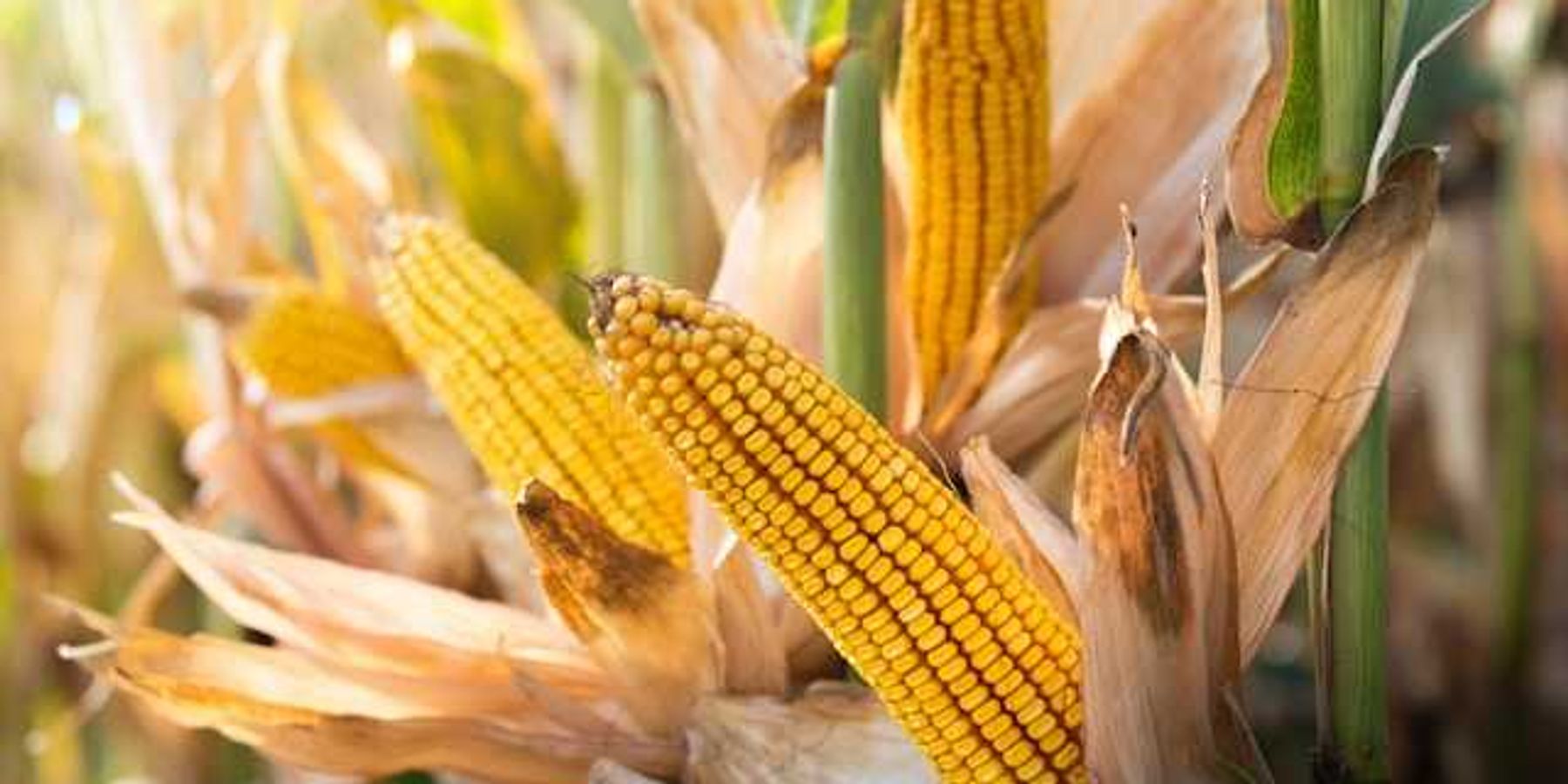Oil lobby pressure dooms bill aimed at curbing California refinery pollution
The Mercury News reporter Will McCarthy writes about a stalled California State Senate bill that would have tripled the fines paid by refineries for emitting toxic pollutants.
In a nutshell:
The bill, AB 1465, sponsored by Assemblymember Buffy Wicks (D-Oakland), was postponed until 2024 at the request of Wicks herself. The delay was prompted by the need for additional time to negotiate with various stakeholders, including the Bay Area Air Quality Management District and opposition groups, particularly the Western States Petroleum Association. McCarthy notes that the lobbying group has spent millions trying to influence policy decisions in recent years.The bill's fate remains uncertain, but it may resurface in the next legislative session.
Key quote:
“Once again, it’s business as usual — refineries will continue to pollute at a discount rate,” said Heidi Taylor, a member of Healthy Martinez, a local activist group that formed in the wake of a toxic release from a nearby refinery on Thanksgiving Day in 2022. “It’s disgusting. We shouldn’t have to wait for clean air and water.”
The big picture:
On the health front, exposure to toxic emissions from refineries can lead to respiratory problems, including asthma and lung irritation, as well as increased risks of cancer and other serious illnesses. Moreover, communities near refineries often bear the brunt of these health impacts.
From an environmental perspective, refinery pollution contributes to air and water contamination. Harmful chemicals released into the atmosphere can harm ecosystems, damage vegetation and contribute to the formation of smog and ozone pollution. Water pollution can occur through leaks, spills or runoff, affecting aquatic life and water quality. Altogether, refinery pollution underscores the importance of stringent regulations and monitoring to safeguard public health and the environment.
Read the article at The Mercury News.
Low-income residents in North Richmond, Calif., like similar communities around the country, pay the price in health living next to oil industry facilities, wrote Jane Kay and Cheryl Katz in 2012 for EHN's award-winning special report Pollution, Poverty and People of Color. Has much changed since then?













